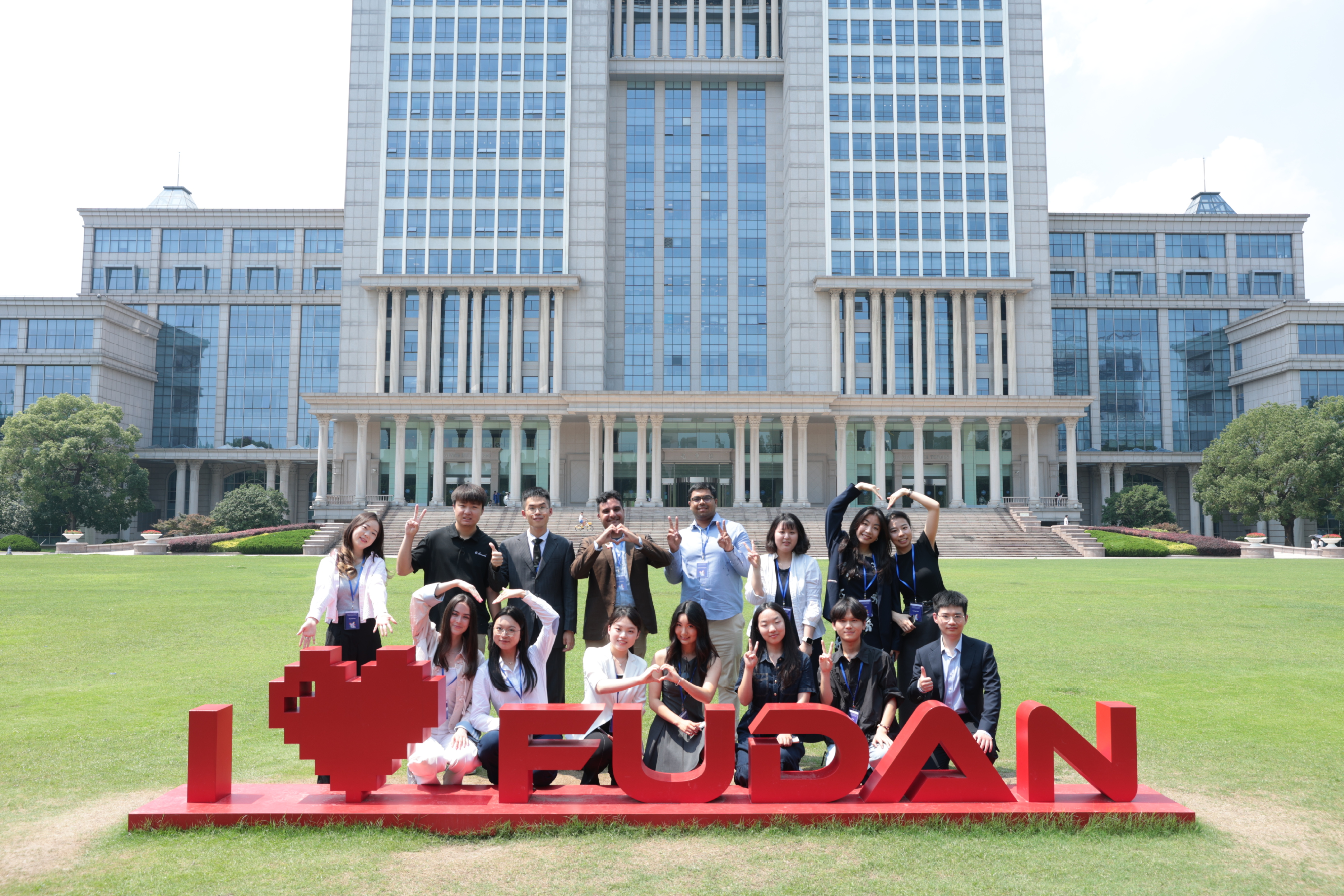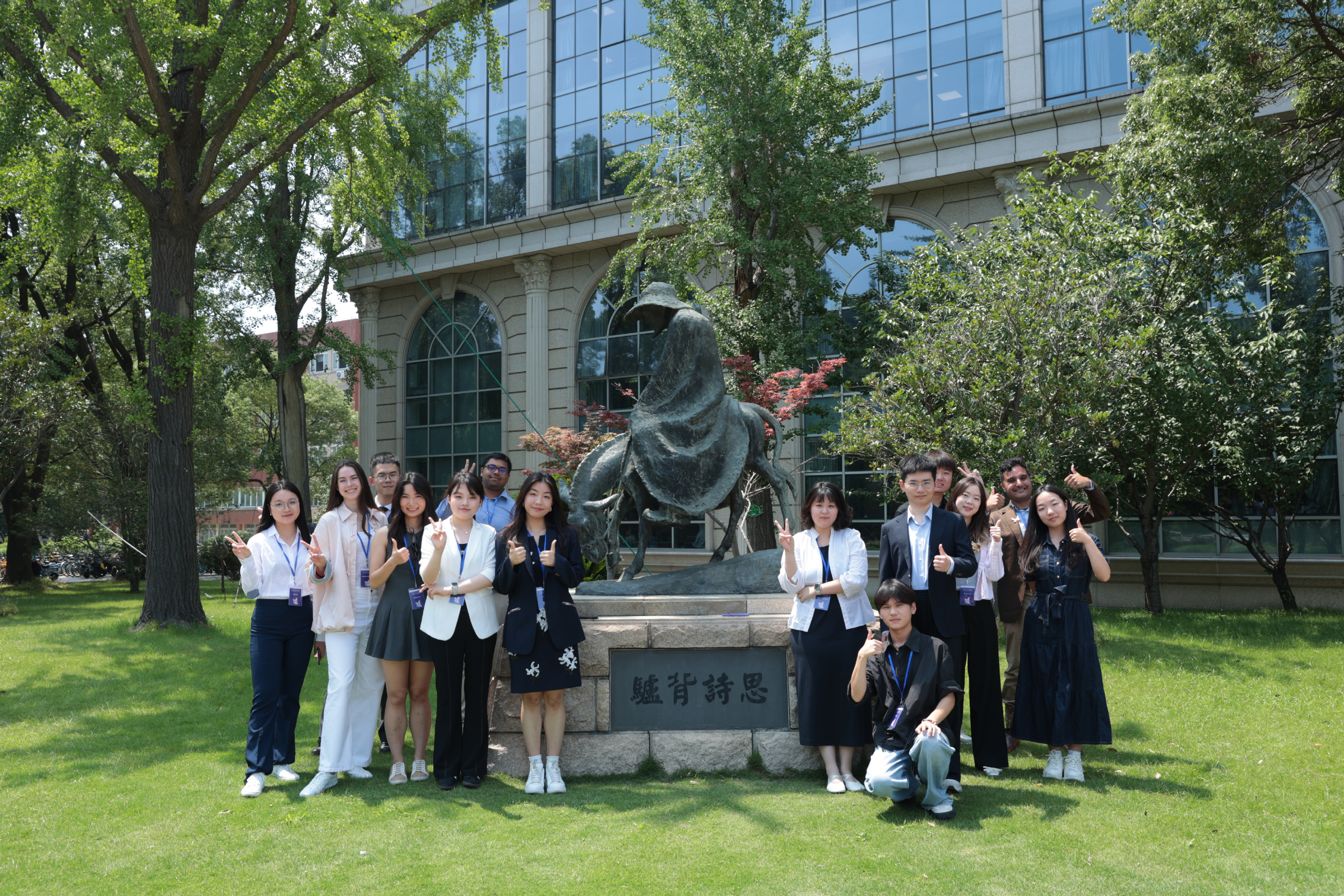
On the afternoon of Saturday, June 28, 2025, the BRICS Young Scholars Roundtable, a special session of the Seventh International Symposium on Development and Governance in the BRICS, was held at Fudan University. Organized by the Institute for Global Public Policy (IGPP), the forum brought together young scholars and student representatives from universities worldwide, including Fudan University, Tsinghua University, LSE, UC Davis, Bocconi University, the University of New South Wales, and other universities. Senior scholars from China, Brazil, Russia, India, South Africa, Egypt, Denmark, and the UK participated as honorary contributors.
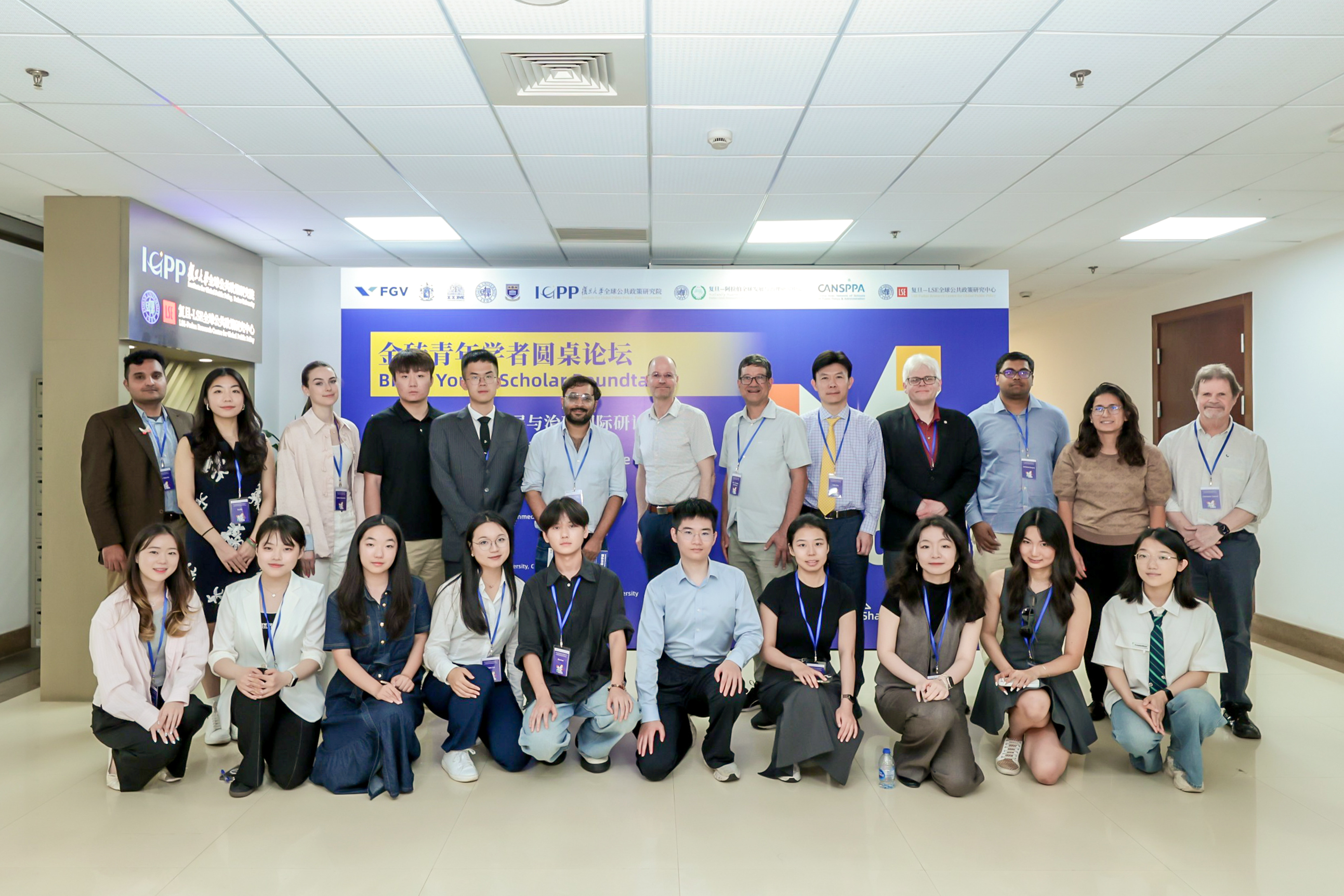
In his opening remarks, Dean Yijia Jing of IGPP emphasized the importance of cultivating global leadership among young scholars and fostering dialogue with international peers. IGPP’s international youth initiatives, including the BRICS Young Scholars Roundtable, aim to build a global youth network and expand opportunities for youth development. Professor Søren Harnow Klausen from the University of Southern Denmark delivered a keynote speech exploring the ethical dimensions of BRICS cooperation, and Dean Jing presented him with a Fudan Scholar Certificate.
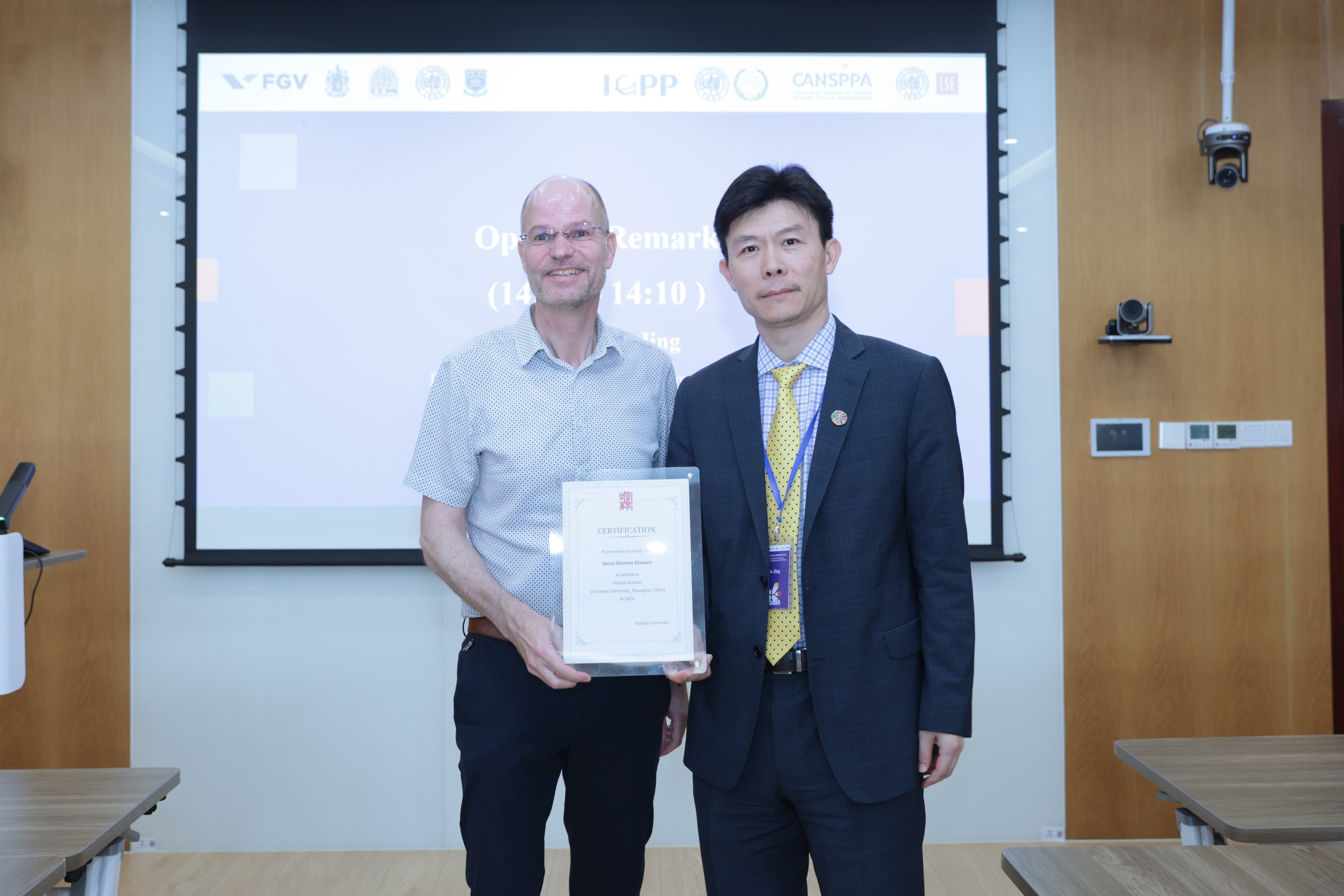
The first subforum, “The Role of BRICS in Global Climate Governance,” was moderated by Professor José A. Puppim de Oliveira of Fudan University and Fundação Getulio Vargas. Five students delivered presentations on the theme. Hao Luo from the University of Sharjah, UAE, shared research on sea-level rise and adaptive coastal governance based on case studies in Shanghai, China, and Mumbai, India. Sihan Yang from Tsinghua University discussed how BRICS countries should leverage their respective advantages to expand green leadership from the perspective of artificial intelligence. Liying Guo from Fudan University focused on desert management in Xinjiang and the adoption of electric vehicles in the region. Yili Zhang from the LSE examined how BRICS countries need to align development needs with climate goals and exert influence. Ji Qi from Fudan University discussed the role of BRICS countries in global climate governance. Professor Prateek Raj from University College London provided commentary. During the discussion, participants debated unified climate solutions, climate justice, and integrating local practices into global governance.
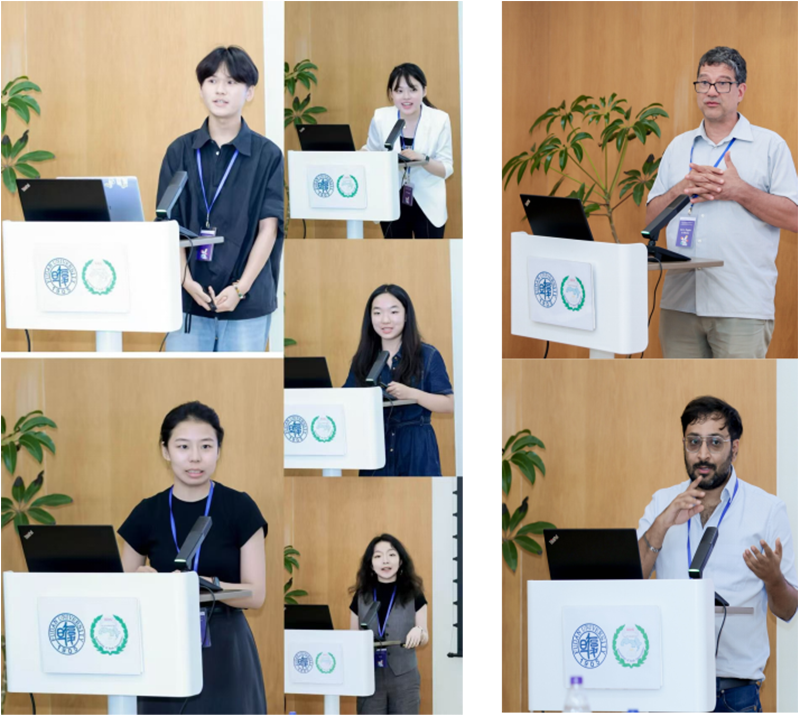
The second subforum, “BRICS, Global South, and New Global Order,” was moderated by Emeritus Professor Christopher Tapscott from the University of the Western Cape. Eight students presented in sequence on the theme. Arjun Sharda from the University of California, Davis highlighted that South-South cooperation is reshaping interconnectivity and economic growth among Global South countries. Yu He from Fudan University analyzed the differences between new development aid within BRICS countries and traditional official development assistance. Akhil Reuben Kanagaraj from Vrije Universiteit Amsterdam focused on manufacturing transformation in the era of service outsourcing and artificial intelligence. Ziqi Feng from Fudan University examined the historical roots of global inequality from the perspectives of decolonization and de-dollarization. Xiaoheng He from Beijing Foreign Studies University used Egypt’s transportation infrastructure cooperation as a case study to illustrate the benefits of BRICS+ in connectivity and job creation, while cautioning about the sustainability of project debts. Gaidai Alexandra from Fudan University emphasized that although the New Development Bank and the BRICS Contingent Reserve Arrangement provide flexible support for green and infrastructure projects, geopolitical differences still constrain integration processes. Jiahui Lin from Bocconi University examined BRICS aid governance from the perspective of Global South recipient countries, comparing it with EU approaches, and pointed out that recipient countries can “select the best” between the two systems to achieve policy space for autonomous development. Finally, Yueling Wu from Richmond University highlighted the “bridging” role of young scholars. Professor Raj provided commentary, and discussions explored India’s role in BRICS, global technological equity, AI-related challenges, and multilateral platform building.
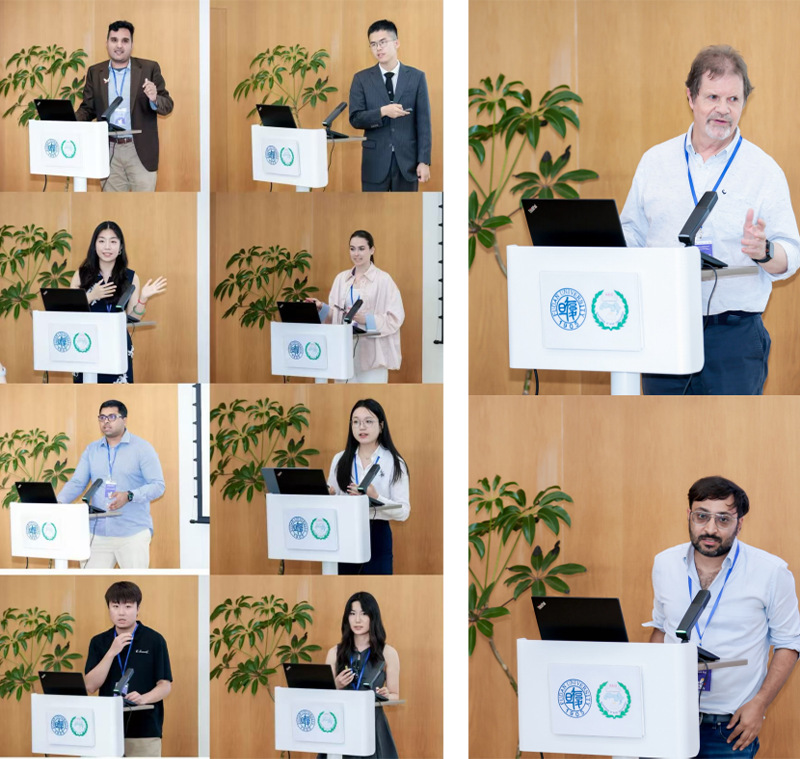
In his concluding remarks, Professor Puppim highlighted that BRICS and Global South countries should adhere to principles of inclusivity, equity, and sustainability, deepen policy coordination and institutional innovation, and advance the evolution of global governance toward a multipolar, open, and mutually beneficial system through diverse cooperation models and dialogue platforms.
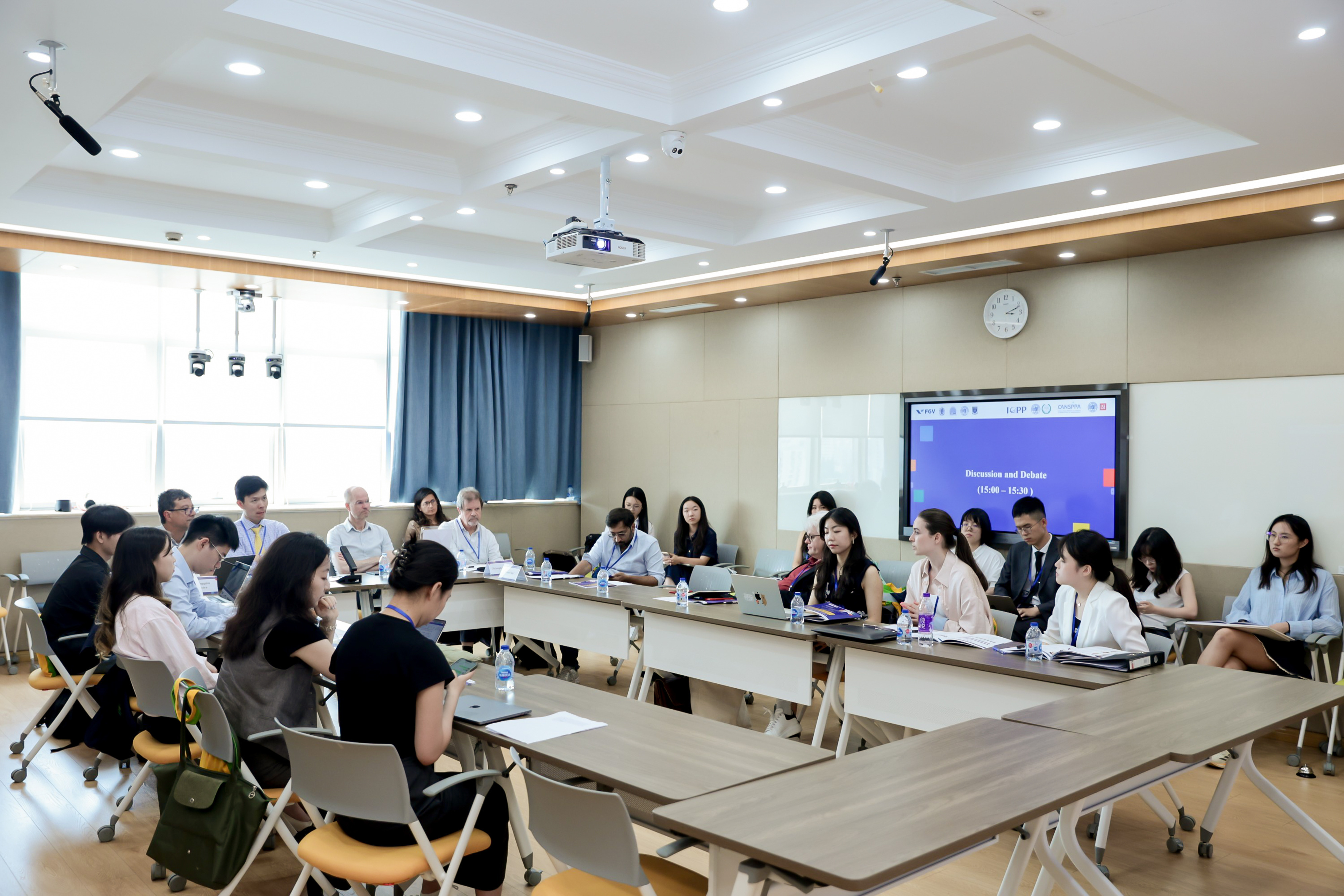
During the forum, young participants visited Fudan University’s campus, gaining firsthand experience of its rich cultural heritage, encapsulated in the spirit of “Dan Fu Dan Xi,” and its distinctive qualities of youthful excellence and creativity. The visit also fostered lasting friendships among participants.
